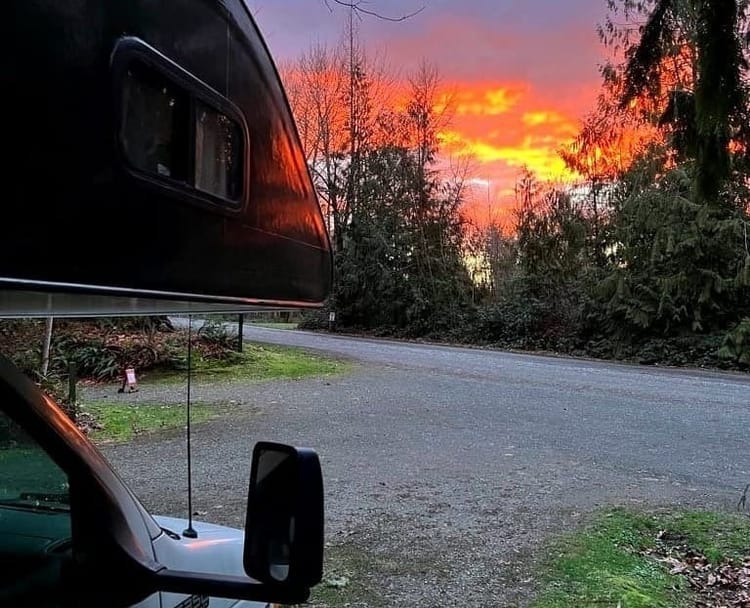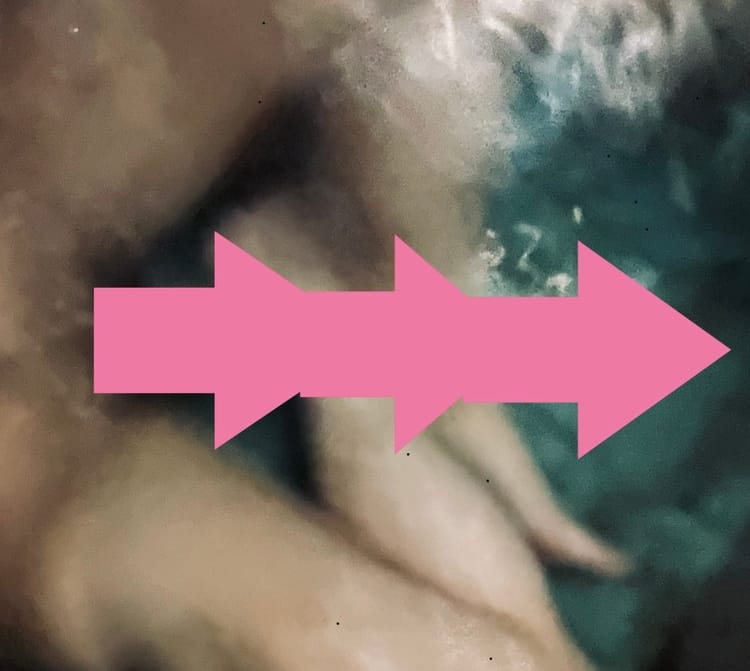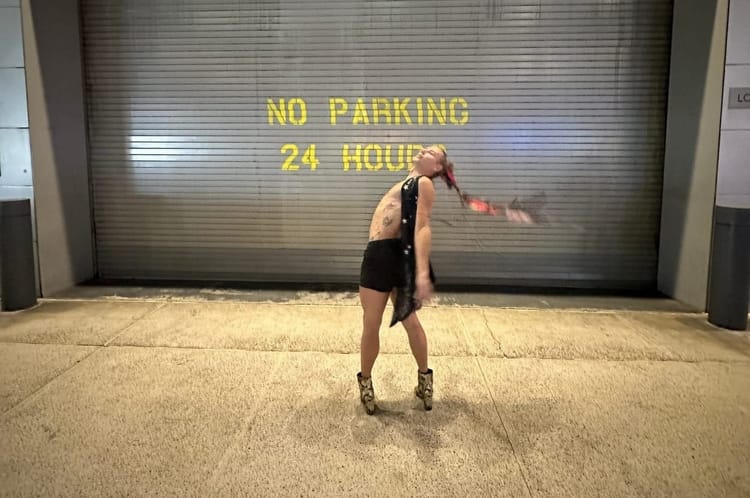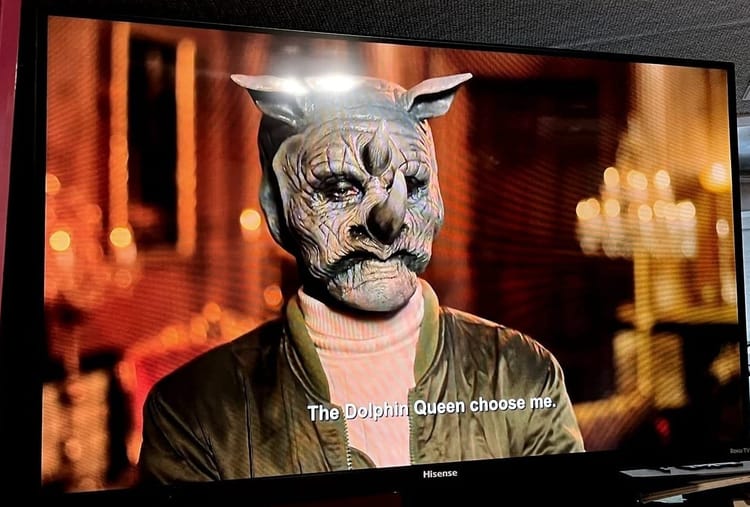Club BMW
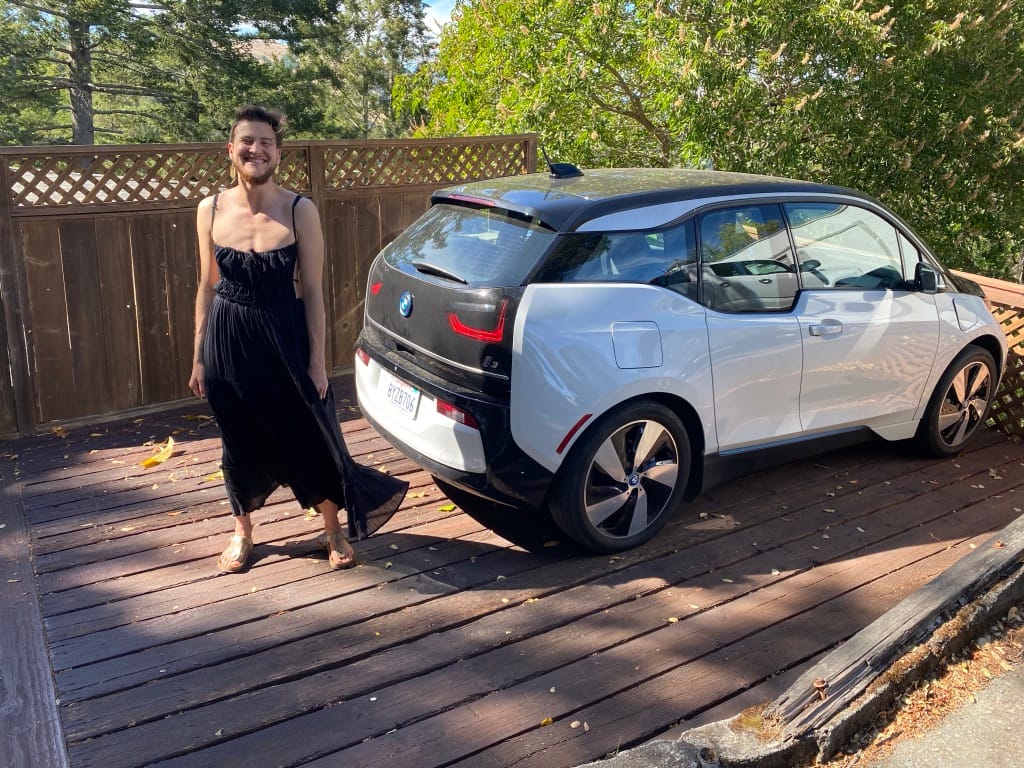
Of course it was a BMW.
The little thumbnail picture that leapt out at my eyeballs last year from the state list of rebate-qualified electric vehicles triggered the same champagne sensor in my brain that drew me, the one time I wandered into a rug store, to point at my favorite and be told I have excellent taste: Pure silk, the salesman said. I hadn’t even known that was a kind of rug. A measly four by six feet: ten thousand dollars.
This little car, I didn’t know its provenance or price either when I saw the boxy shape looking sharp in two-tone paint and thought, Yes! Please! Then I clicked on it and saw what make it was, and my Internalized Anti-Trans Sensor went off: Not for me.
No matter what you know about trans people, you probably know, whether you know you know it or not, that they are not supposed to have nice things. Or, things. At all. Americans encounter up to 10,000 ads a day, marketing people speculate. One British study found 0.3 percent of ads had trans people in them, though that low number seems high to me. I can’t remember seeing a single ad featuring a trans person, though I read about a Starbucks commercial with one once. For absolute sure, I have never seen a luxury car commercial targeting my business.
I kept looking through the electric-vehicle list. There were the Teslas, of course, which the (I assume) bankers and tech people in my Bay Area neighborhood all drive with an entitled recklessness. Ah, yes, and here was a Chevy. Still cute, but a bit nondescript. Less striking. I googled a nearby Chevy dealership. I did not want to go there.
I knew what I wanted. I had the money at the time to get it. Driving home in a friend’s borrowed car from the BMW dealership where I went to test drive the model and had applied for financing, I got the call to say I’d been approved. Congratulations, the old cis white guy on the phone said. I beamed. With my face, big broad smile, with my whole body, lightness and brightness spreading steady through my limbs—happy—I beamed.
THE FINANCIAL DETAILS are not that interesting: Electric BMWs were between models, so the one I wanted was only available used, but the state and federal rebates were only available for new electric vehicles (why, California? Why USA?) and so boring story short this adorable well-appointed eco-conscious used driving machine (that’s how embedded advertisements are in my brain: I called a BMW a “driving machine” without even remembering that was the slogan I’d been hearing since birth) was going to cost about ten thousand dollars more than the new Chevy. Money is real, and I do have expenses, and I do not remotely sit on a trust fund or any other kind of safety net.
Money is very real. The year I graduated college, my father bankrupted my family. Leased cars had to be returned. The bank took our house. I had a mountain of debt, suddenly, that I’d helped my father take out in my name with now-abandoned promises that he’d pay the money back. I did the only thing I knew how to do, as a Midwestern child of deep dysfunction: I overworked. Having just graduated summa cum laude with two degrees and being white and well-socialized and a conventionally approved female shape, I probably—almost certainly, there in the early aughts, several years ahead of the Great Recession—could have gotten a decent corporate job, with regular hours and benefits and upwardly mobile pay.
I didn’t even try. That kind of general life-niceness, I didn’t believe that was for me, either. It’s heartbreaking even twenty years later to acknowledge how much of that was knowing, deep down, I was a trans person. Obviously there were zero ads about trans people buying houses or getting credit cards or going grocery shopping or having jobs wearing business clothes then. I can’t name one now, either. The only movie I’d ever seen about a trans male, the year before I graduated, was a true story about incessant threats to his livelihood and life that eventually ended in his murder. I could not envision myself in a good job. In either a fulfilling or well-paying job, let alone a job that was both. And so I got several jobs that seemed like best-case scenarios for a trans person or a gay person though I didn’t look like either but good god, I was both. I waited tables at night, and I answered phones during the day, and in as many in-between hours as I could, I cleaned houses, on my knees scrubbing other people’s toilets and floors, never, ever understanding how the straight cis husbands who owned them could manage to get so much pee all over the place, and just…leave it there. They couldn’t clean up after themselves at even a kindergartener’s level. But they could have everything—jobs, houses, families—the world constantly advertised, and legislated, that I couldn’t. It would not, in fact, be legal for gays to marry in America for nearly fifteen more years. It is still, in fact, a prerequisite for legally changing genders in Japan that you submit to sterilization.
The entire culture, including media, including laws that prohibit or don’t cover health care for trans people, is organized around setting the bar of expectations for a trans life horrendously low. Can I have, for example, even a birth certificate, the most basic acknowledgment of personhood? Not in Montana anymore. And since I was born in Ohio, the second-last state to allow trans birth certificates, I could get one only as of last year. And only because a federal court forced the state to start issuing them.
So is it so surprising (I was pretty surprised myself, actually) that earlier this year, when I bought myself a covid-cheap first-class plane ticket to Europe and then picked it up from the check-in kiosk at the airport, I had a panic attack the moment it touched my fingers? I held it in my hand, which is never just a hand, which is always, in this world, a Trans Hand, and panted, my eyes tearing up, struggling to pull in slow, deep breaths to calm. I turned and walked toward the gate, like I was supposed to, like I’d done hundreds of times before but mostly before I transitioned (and never with such a fancy ticket), chanting silently to myself as I went that I was allowed to be there, trying to convince myself that no one was going to take the ticket away. The year before, I’d boarded a plane with my then-boyfriend for the first time, the first time I flew with a male partner while being recognizably male myself, and a flight attendant looked at us, saw that we were gay, and said, with a very pointed nod, though she thought we were just regular fags, not even also-trans ones: “Welcome aboard, gentlemen.”
When I sat down in my seat, I burst into tears.
This year, when I entered the first class cabin of Air France by myself, I located my seat—but then couldn’t bring myself to take it at all. I stood next to it for so long, pacing the little adjacent patch of aisle, that a flight attendant came and asked me if there was something wrong with it.
“Is this really happening?” my now-ex-boyfriend had asked me once, the first time we’d stayed at a hotel. We’d stopped while driving because we were tired and plopped down a credit card and then realized, stunned, that there was a beautiful pool out back and plush robes in the room. He had been raised by a family with extensive real estate holdings, but that world and those people were estranged from him now, and when we put on the cushy robes to head for a nice swim, a life we’d both seen and even lived but had been told a million times over we couldn’t have as ourselves, he stopped in his tracks with disbelief as we walked down the hallway.
Can we really do this? Can we really have this?


